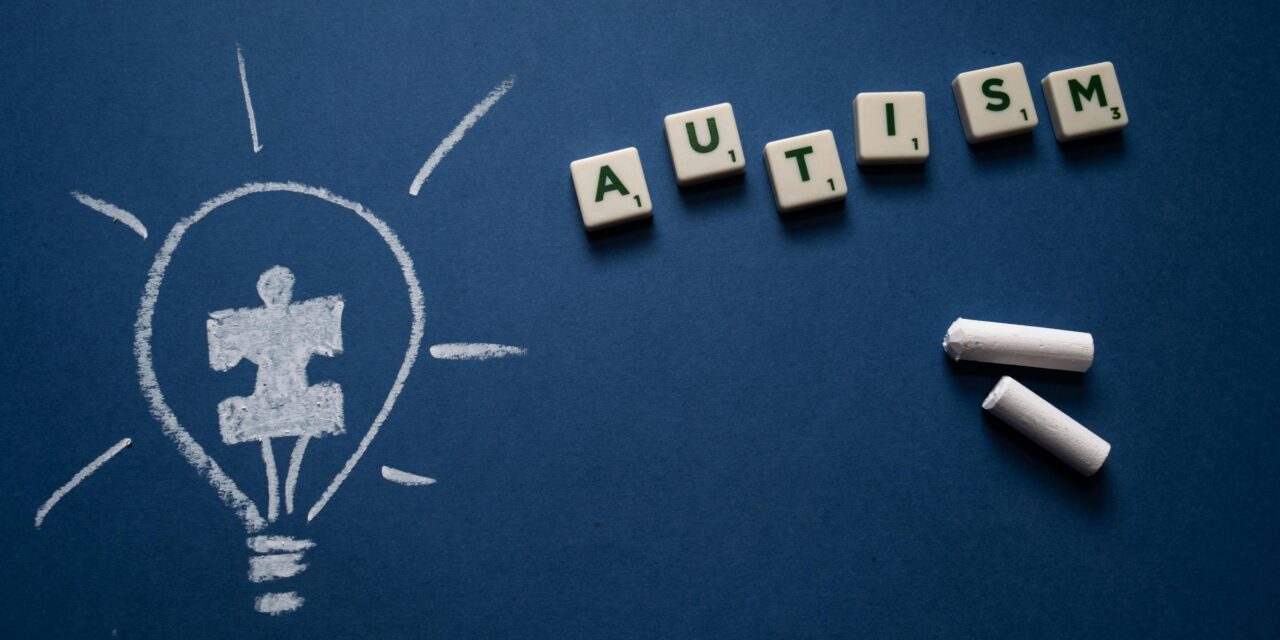Keeping Track of Test Relevance and Functionality
Millions of people all over the globe have been affected by Autism Spectrum Disorder (ASD), influencing how they communicate, how they interact with one another, and how they behave. Getting the autism test done is an essential first step in any course of action that might help children and their families. As awareness of autism grows, more parents, teachers, and health professionals are turning to various instruments for screening to help detect the early warning signals of ASD.
In this comprehensive guide, we cover what autism testing is, the types of autism assessments, when and why to get tested, and how intervention can make a significant difference.
What Is an Autism Test?
An autism test encompasses standardized tools or questionnaires to determine if a child with symptoms consistent with Autism Spectrum Disorder usually shows such signs. These tests do not provide a certainty of diagnosis; rather, they serve to detect behaviors and developmental patterns that may be worthy of further evaluation by a specialist.
Autism tests can range from those being administered by parents for screening purposes to more involved clinical evaluations carried out by psychologists, neurologists, and developmental pediatricians.
Why Are Autism Tests Important?
Autism is a spectrum disorder, with symptoms varying widely in type and severity. Certain people find it difficult to talk and socialize with others, while some exhibit repetitive behaviors and are locked in their world of special interest.
An autism test taken early on in a child’s development usually leads to:
- Detecting symptoms that may become more noticeable later
- Opening the door to therapies and support systems for families sooner
- Increasing communication, social, and cognitive skills over time
- Reducing the anguish and confusion generally undergone by parents
According to the CDC, as of 2023, the U.S. sees the statistics of autism being 1 in every 36 children. As the numbers rise, autism screening is more important than ever.
When Should You Consider an Autism Test?
Many parents and caregivers wonder about the appropriate time at which they should seek testing.
The American Academy of Pediatrics recommends autism screening:
- At 18 months
- At 24 months
Testing, however, can take place at any age should symptoms arise. Consider an autism test for your child if they:
- Avoid eye contact
- Don’t respond to their names for 12 months
- Have delayed speech or language development
- Display repetitive movements such as hand flapping
- Shows little interest in interaction with peers
- React strongly to specific sounds, lights, or textures
It’s essential to trust your instincts. If you feel there might be some difference from your child’s development, an autism screening by a professional can provide some direction and clarity.

Types of Autism Tests
Several different instruments are commonly utilized to screen and diagnose autism. The following are some of the most trusted autism tests used today:
1. M-CHAT-R (Modified Checklist for Autism in Toddlers, Revised)
Age Group: 16-30 months
Format: Parent questionnaire
Purpose: Screens for early signs of autism and flags children who may need further evaluation
2. ADOS-2 (Autism Diagnostic Observation Schedule)
Age Group: All ages (children to adults)
Format: Structured activities and observations conducted by a professional
Purpose: Gold standard for autism diagnosis; evaluates communication, social interaction, and play
3. ADI-R (Autism Diagnostic Interview-Revised)
Age Group: Usually used with children 4 and older
Format: In-depth interview with caregivers
Purpose: Assesses developmental history, behavior, and communication
4. CARS-2 (Childhood Autism Rating Scale)
Age Group: 2 years and older
Format: Professional observation and rating scale
Purpose: Helps differentiate between children with autism and those with developmental delays
5. Online Autism Tests
With telehealth on the rise, more websites offer free and paid screening tools online. These tools can certainly be very useful to steer parents toward further evaluation, but they are by no means a substitute for a medical diagnosis. Always follow up with a healthcare provider.
Autism Testing for Adults
Although autism is usually diagnosed in childhood, many adults go undiagnosed for years, especially women and high-functioning ones. Common reasons an adult acts to pursue an autism test are:
- Difficulty in social relations
- Limited ability to read social cues
- The feeling of difference or never quite fitting in throughout life
- Sensory sensitivities
- Rigid routines or intense interests
There are several resources for self-assessment online meant for adults looking to identify autistic traits. Nevertheless, an official diagnosis requires a clinical assessment performed by a licensed psychologist or psychiatrist.
What Happens After an Autism Test?
If the screening test suggests the presence of autism, the usual next step could be:
- Referral to a specialist: A developmental pediatrician, child psychologist, or neurologist would conduct more exhaustive testing.
- Comprehensive evaluation: Includes cognitive testing, speech assessment, and direct observation.
- Diagnosis and treatment plan: If a diagnosis of autism is made, recommendations for therapy may include Applied Behavior Analysis (ABA) and speech therapy, occupational therapy, or social skills training.
Support cannot stop at diagnosis. The therapies and accommodations at school (in the form of IEPs or 504 plans), along with family counseling, form the foundation for a stable and nurturing developmental environment.
Benefits of Early Diagnosis and Intervention
The provision of an early diagnosis through an autism test enables a child to have access to tools and therapies that can make a deep difference to their quality of life. The benefits are:
- Better communication skills
- Better forms of academic learning
- Improved social relations
- Fewer behavioral problems
- More independence during adulthood
Studies reveal that children who undergo early intervention show better long-term outcomes compared to those diagnosed later.
Myths and Misconceptions About Autism Tests
Here are some of the misunderstandings one hears about autism testing:
Myth 1: Kids are unfairly labeled by autism tests.
Fact: Getting a diagnosis means that children can now be offered the services and accommodations they need to thrive.
Myth 2: Online tests are 100% accurate.
Fact: Only clinical evaluations can reliably diagnose anyone.
Myth 3: There’s no point in testing after childhood.
Fact: A late diagnosis fills an important gap in many adults’ lives, finally helping them understand themselves better.
How to Prepare for an Autism Test
If your child has an autism evaluation coming up, you can prepare in the following way:
- Bring an extensive developmental history (milestones, delays, related concerns)
- Prepare questions about the behavior you have observed
- Try as best as you can not to go in frustrated
Know this: a diagnosis isn’t a life sentence, but rather a guide toward support and understanding
Knowledge Is Power
An autism test is one of the most important tools that can lead people toward support, understanding, and advancement. Starting early is the key to unlocking opportunities, whether you are a parent, educator, or someone who may be seeking answers.
With more awareness and evolving diagnostic instruments, nobody has to go through an autism journey alone. If you suspect signs of autism in yourself or a loved one, don’t lose time-Articulate your needs, take the test, and walk the path toward understanding and empowerment.





